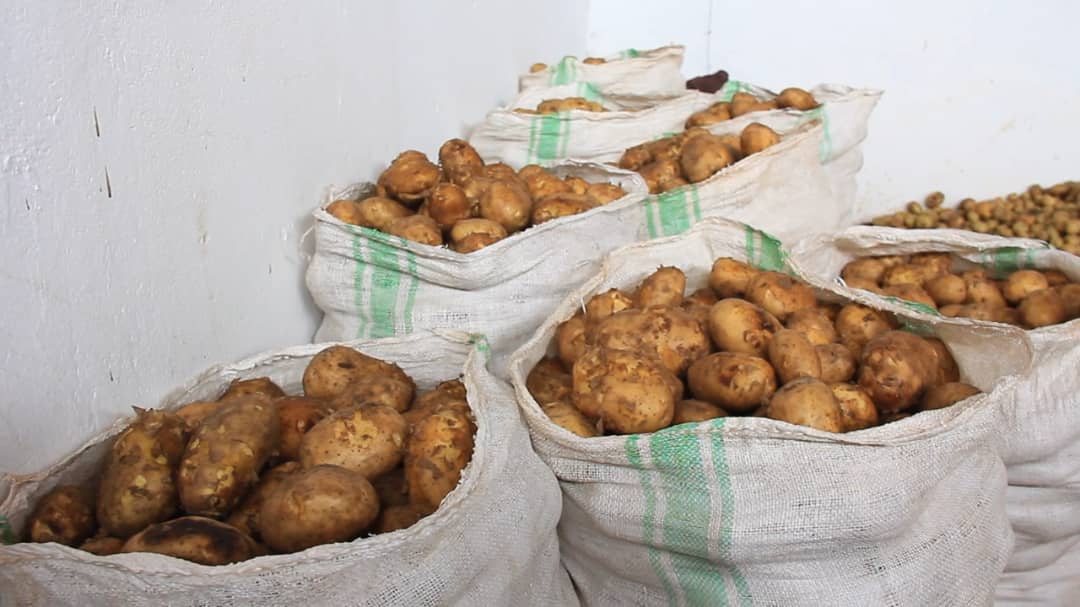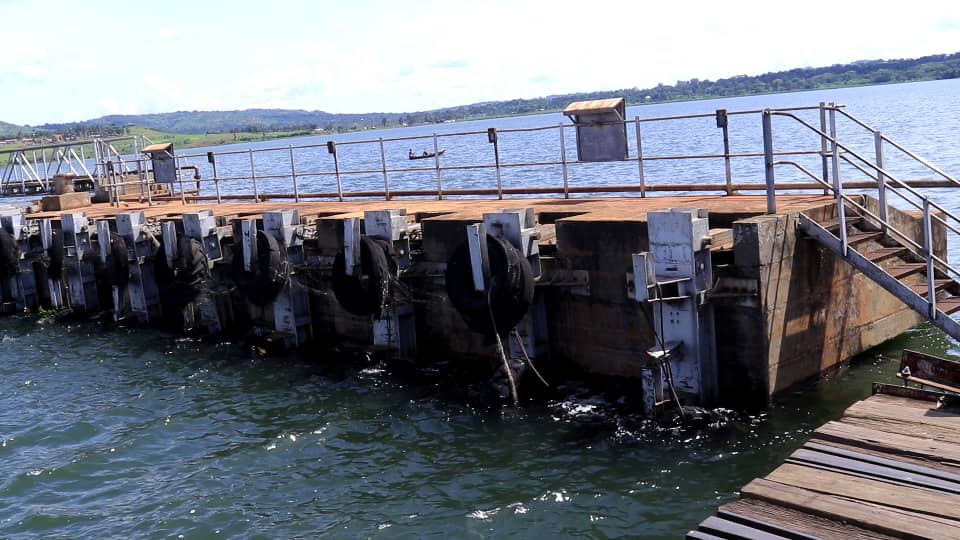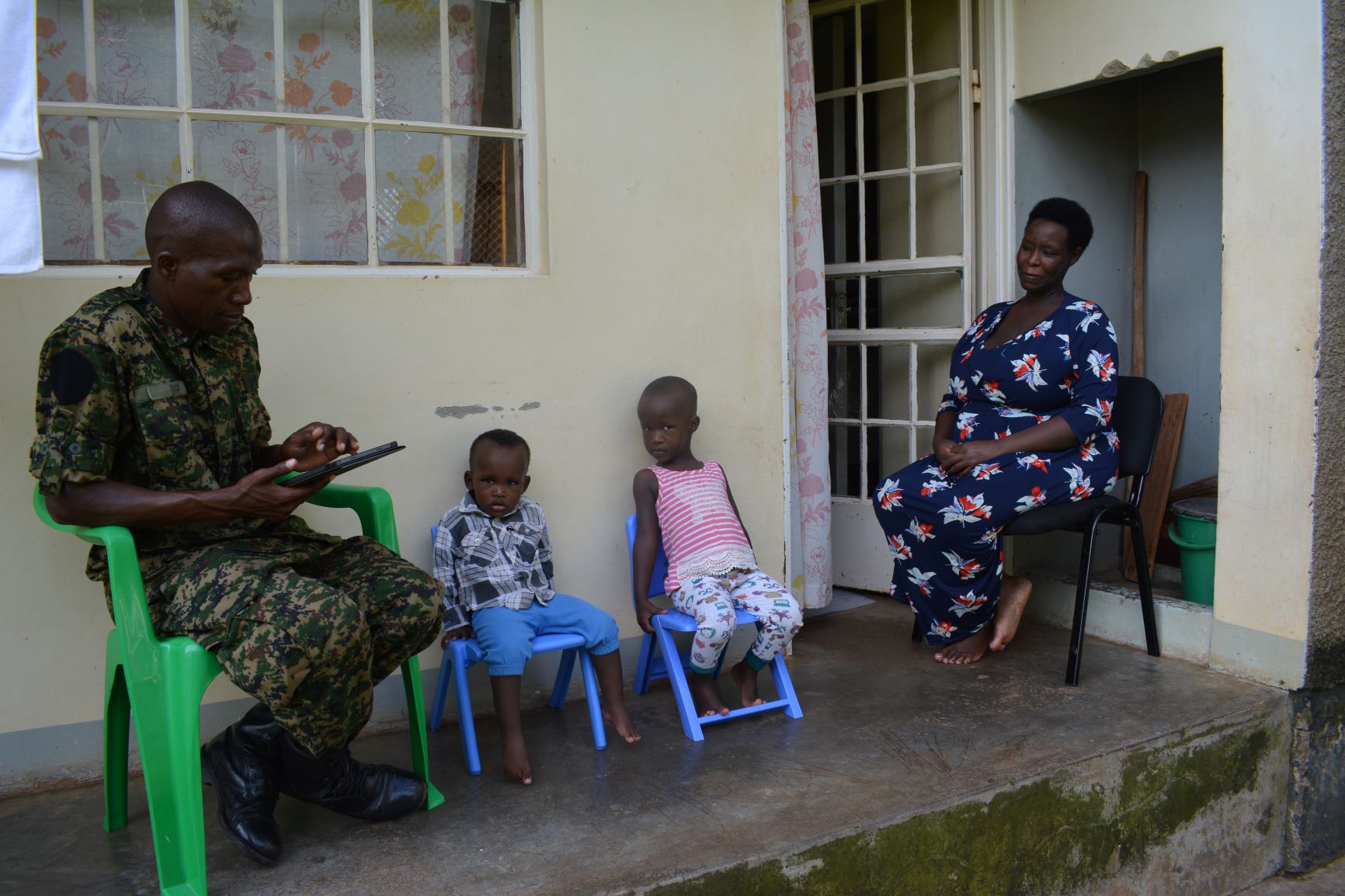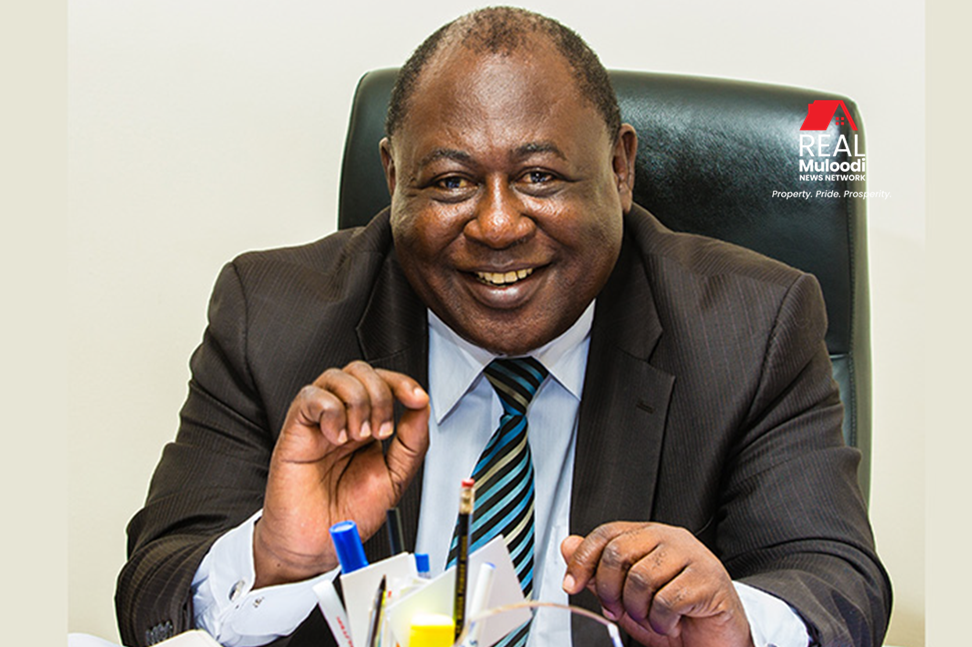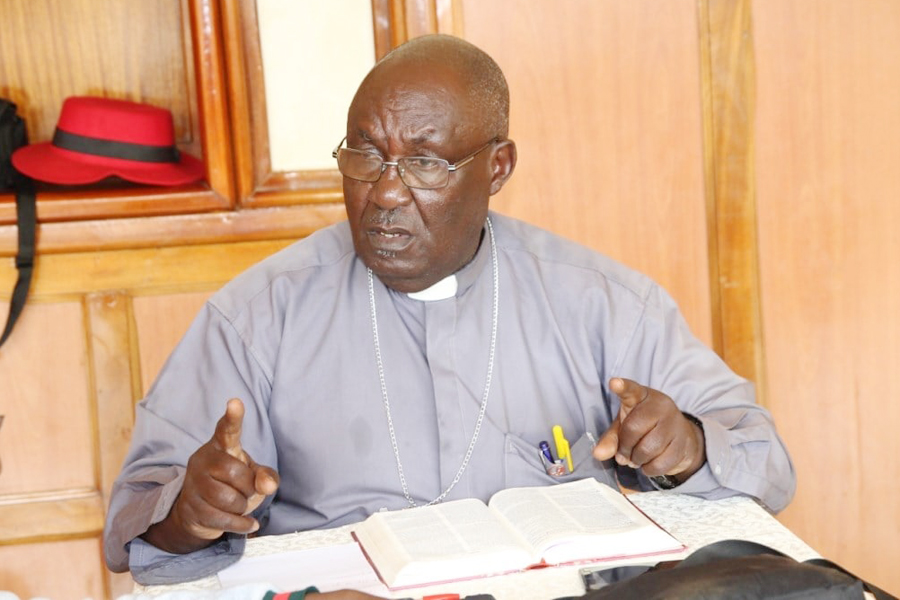Lack of reliable data holding Uganda’s agriculture sector back, experts say
The scarcity of high-quality and timely data is complicating planning for Uganda’s agricultural sector and holding it back, experts have warned.
“Data is a needed ingredient in any planning. If you don't have data or intelligence, you don't have evidence and this means you are just guessing in whatever you do. If you don't have information of where am I supposed to plant, How am I supposed to plant, how many people are involved in the sector, how much arable land does the country have, how much grains do you produce, how much do you export, and all this information, there is no way you will plan well for the sector,” Humphrey Mutaasa,a senior technical advisor in charge of partnerships and institutional development at the Grain Council of Uganda said.
Keep Reading
“This is thing of guesswork is affecting us and the sector at large. How do you sit in parliament and in the ministry and you don’t know how many people are in the agriculture sector. Some reports say 80% others say 70% of the population is in agriculture. Which figure should we take? Someone wants to come and invest in the sector but don’t know the soil PH , where arable land is, which grains are grown in which areas and many other details.”
Mutaasa was speaking on Wednesday during the launch of the Integrated Grain Handling Project for rural communities in Uganda by Access2innovation.
The project is supported by the DANIDA Market Development Partnerships(DMDP) and in collaboration with three Danish partners including BM Silo, Engsko and Buurholt and 2 Ugandan partners Ag Ploutus and Opportunity International.
He said reliable data would help in development of the agriculture sector but says its absence is a major setback.
“For example, if I now want to buy maize from Mubende, I can’t tell how many farmers are growing it in Mubende so that I know where to take trucks to buy it. I will just end up driving trucks without having exact information. Which information informs the megre budget that agriculture gets? How come sectors with a few people get more money and agriculture which employs more people gets a small budget? This goes back to lack of reliable data that we can quote to advocate for increase in the budget for the sector,” Mutaasa said.
“In this sector, we talk about partners but these want information about the sector which we are not providing. These guys have their money and are wishing well for the country. They need evidence. They need data. They need trackable record, such that when they put their money, then we can track everything. Unfortunately, we have nothing tangible to show of data.”
The official from the Grain Council of Uganda also noted the market for Ugandan products is not regulated that everyone does whatever they want.
“We must have regulated trade in this country. How do you allow people to buy not only from the farmers but to also buy farms? Where else has it happened that a foreigner comes to the garden and buys farms? This needs to be regulated.”
Henrik Anker-Ladefoged, the regional director for Access2innovation said the four year project will help address some of the challenges facing the agricultural sector in Uganda.
“There are a lot of problems which could be solved quite easily if people and stakeholders got together are focused on them. One of this big problem is good quality products free of aflatoxins. The project will help deal with problem by supporting farmers in rural areas have their own drying facilities so their produce can be dried immediately after harvest so there are no aflatoxins,”Henrik said.
“You don't have to buy the aflatoxin binder or expensive technology to remove aflatoxins in the produce but you can avoid it by drying on site immediately after harvest. And it's as simple as that. The only problem is that the farmers in Uganda are very disorganized. They have cooperatives and farmer groups but they're not organized in a way where it makes it easy for them to raise capital for investment.”
He said there are many setbacks to the agriculture sector that the new program seeks to address.
“The programme has been designed to address some of the challenges in the grain value chain, targeting farmer yields, post-harvest quality of grain and improving livelihoods with access to quality add-value markets. In general, the programme is to work with organised farmers groups, processors and off-takers and will provide support in areas of supply and installation poor harvest cleaning and drying, whole grain milling, seed cleaning equipment, farmer support training in financial literacy, access to inputs and finance.”
Officials said the project will also help farmers in accessing finance for equipment, input and output markets among others.


